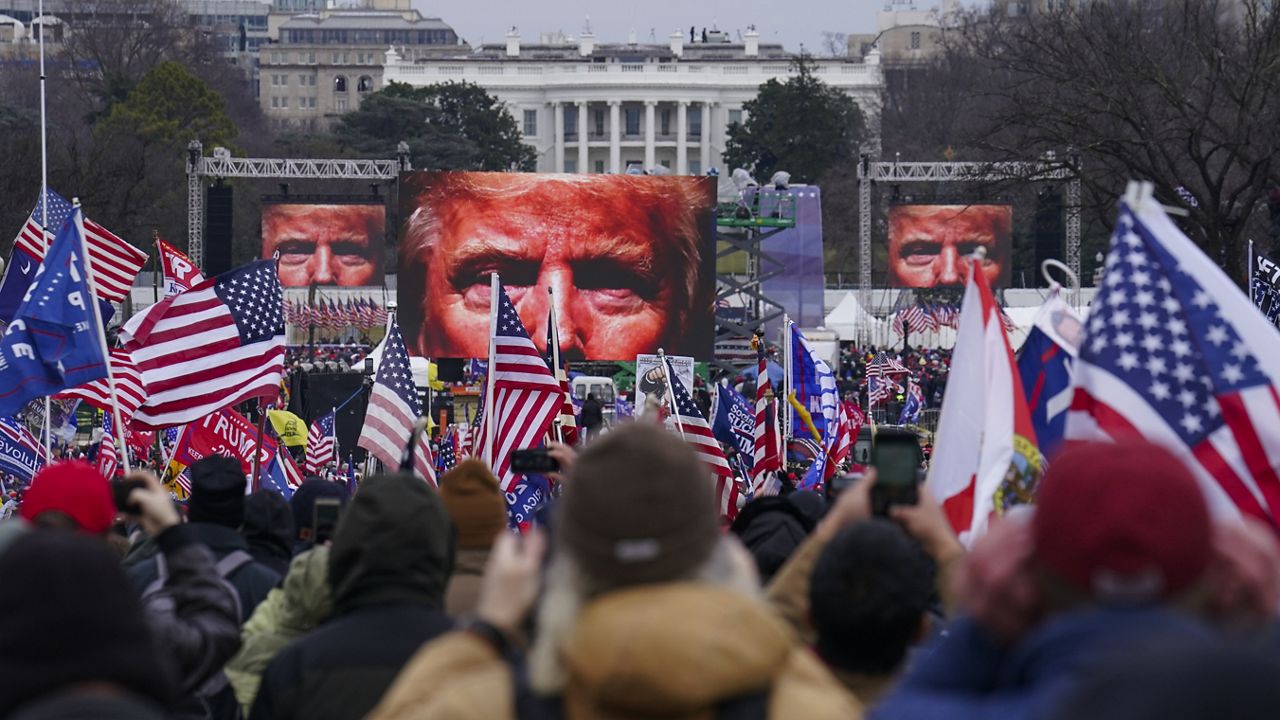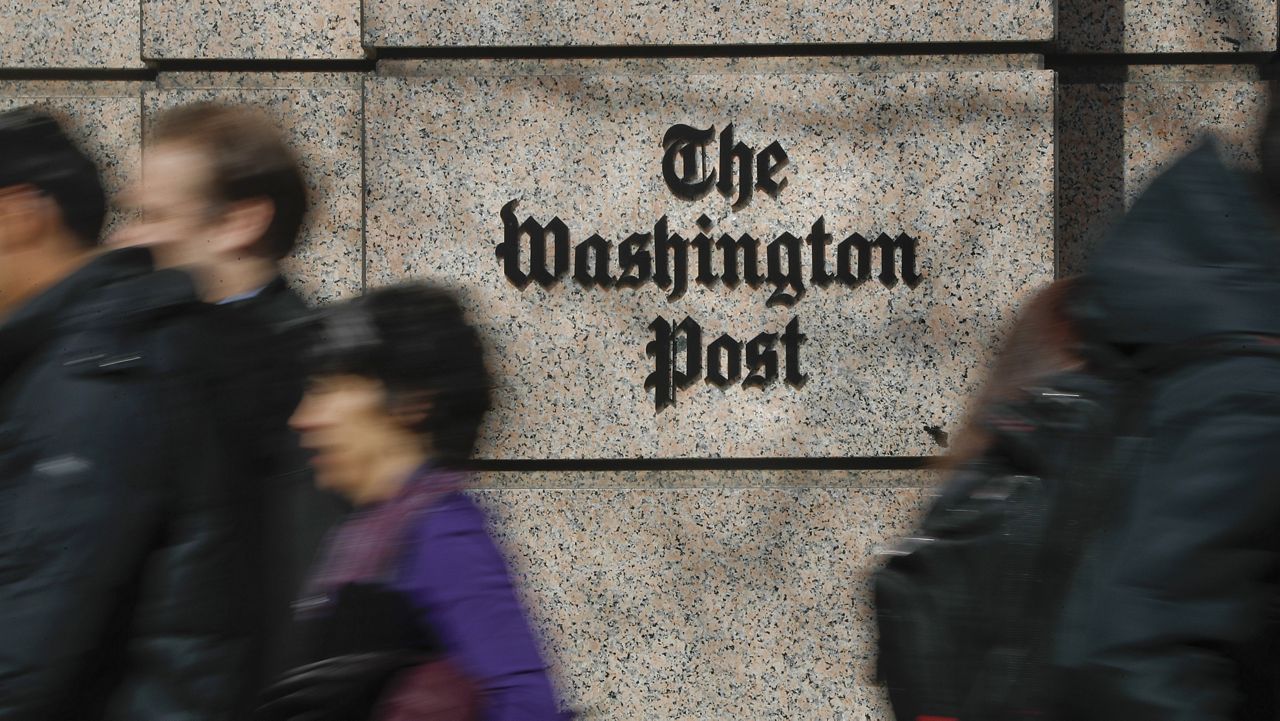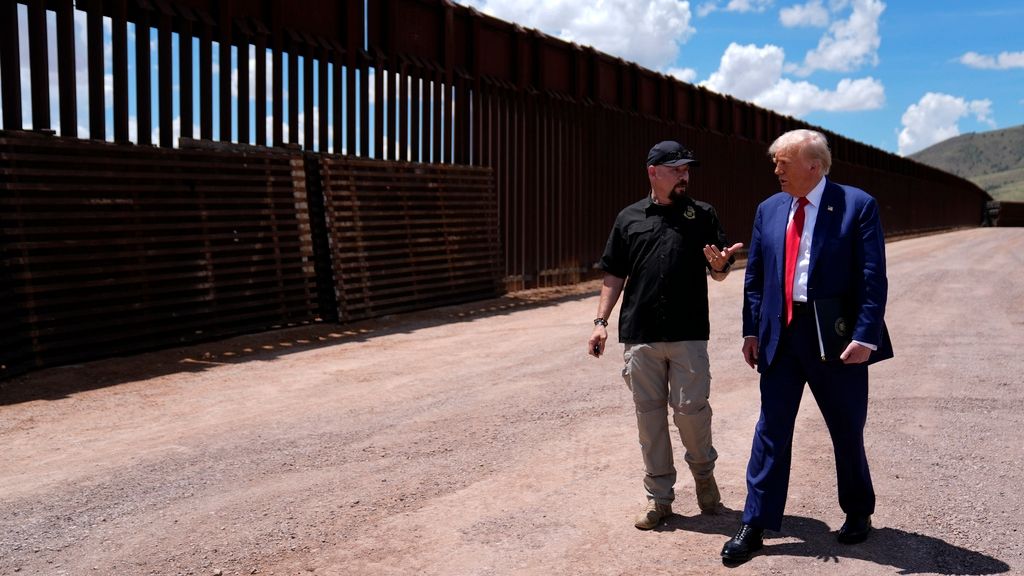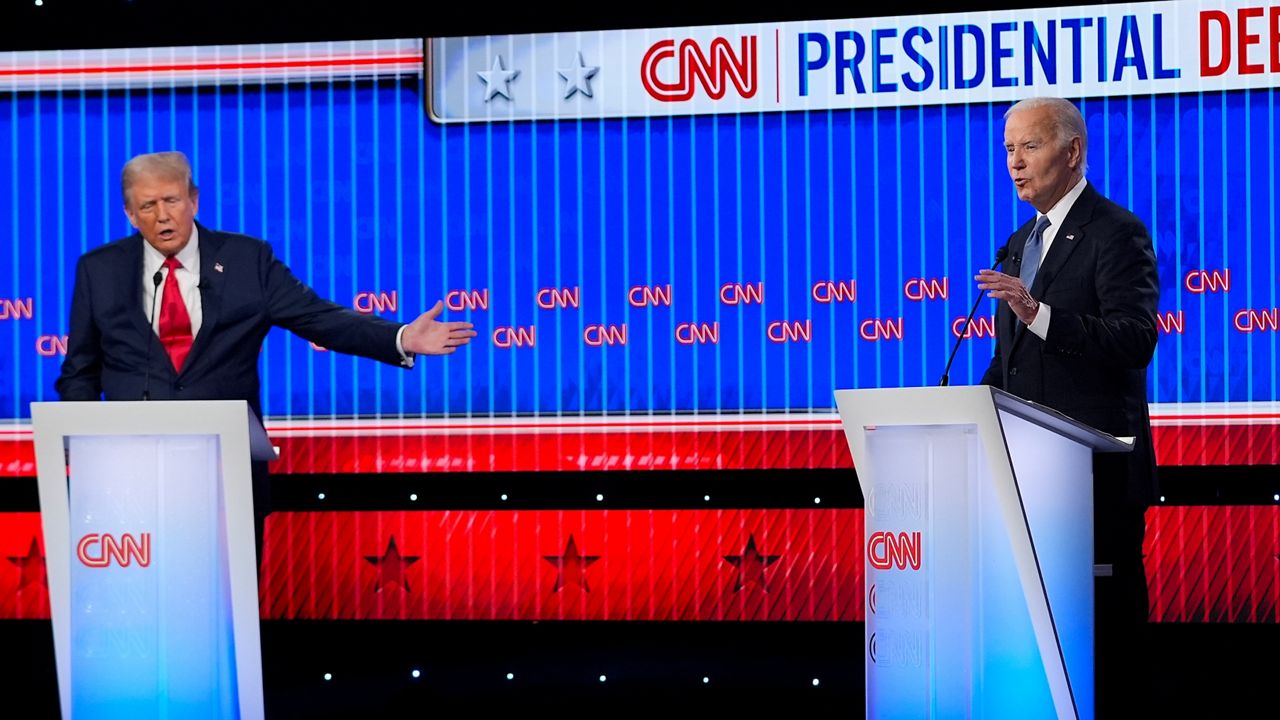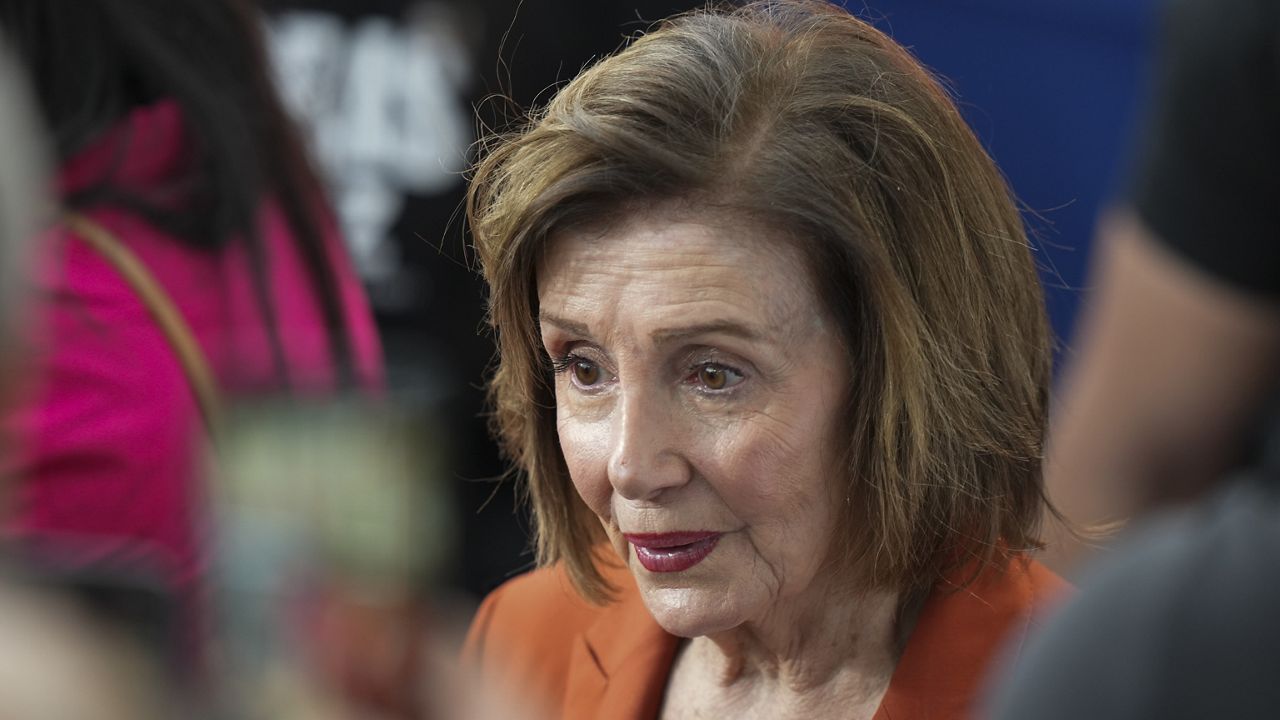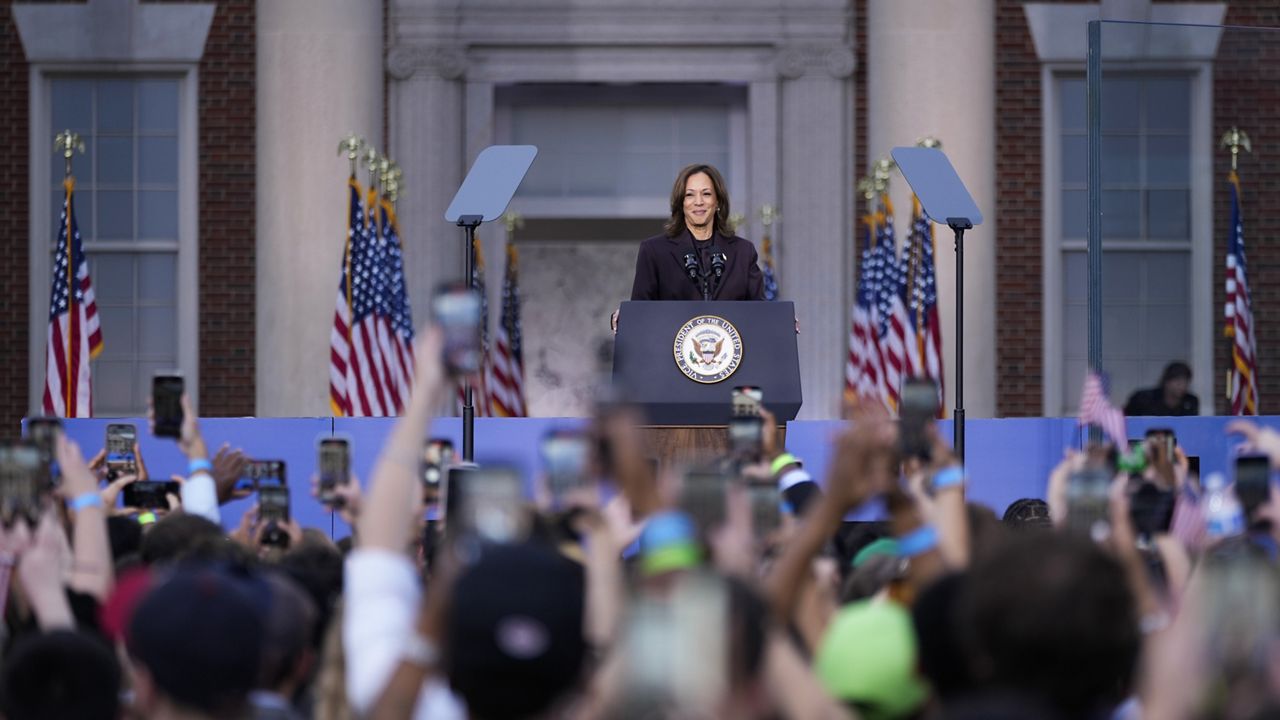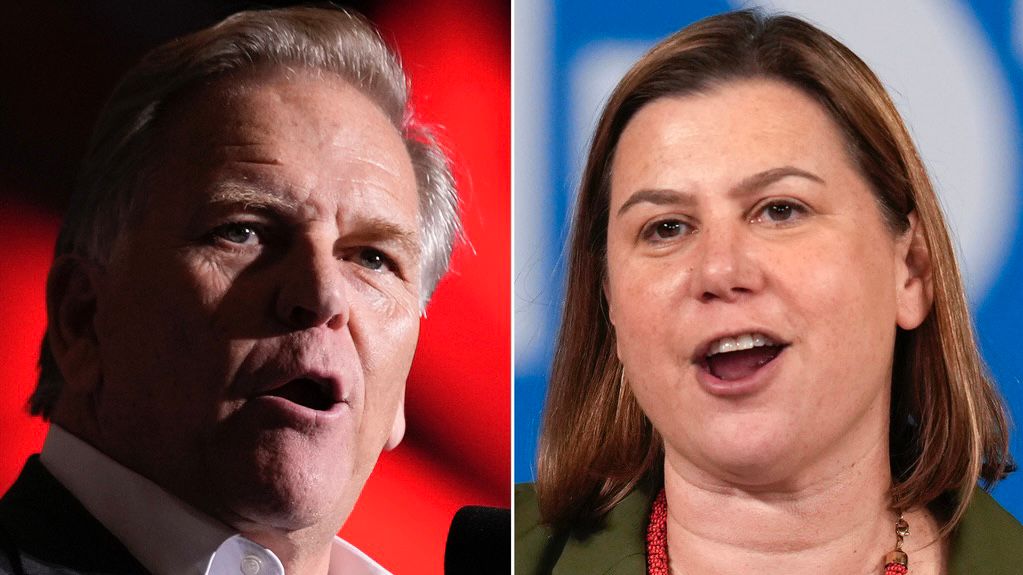Vice President Kamala Harris is set to make her “closing argument” ahead of Election Day next week at the Ellipse in Washington, D.C., the site where then-President Donald Trump held his rally ahead of the Jan. 6, 2021, attack on the U.S. Capitol.
The speech, which will be delivered at the sprawling park just south of the White House, will take place just one week before Election Day, when millions will head to the polls and pick either Harris or Trump to lead the nation.
According to a senior Harris campaign official, Harris will offer her own vision for the future of America and compare it with that of Trump’s, attempting to paint a contrast between what she would bring to the Oval Office and what the former president might do if he returns to power.
Harris, per the official, will urge Americans to turn the page — one of the vice president’s oft-used refrains on the campaign trail — from Trump and embark on a new way forward.
Advisers to the vice president believe that the site of the Ellipse will evoke memories of Trump’s Jan. 6 address, where he falsely claimed that the 2020 election was “rigged” and encouraged his supporters to “fight like hell" or "you're not going to have a country anymore.”
“We’re going to walk down Pennsylvania Avenue … and we’re going to the Capitol,” Trump said in his address almost four years ago, adding: “We’re going to try and give our Republicans — the weak ones because the strong ones don't need any of our help — we’re going to try and give them the kind of pride and boldness that they need to take back our country.” (Trump did, however, encourage his supporters to march to the Capitol “peacefully and patriotically” in his address.)
Trump’s supporters then marched down to the U.S. Capitol, and a mob stormed the building in an effort to disrupt the certification of Joe Biden’s win over Trump in the 2020 election. More than 100 police officers were injured in the attack, five people died at the Capitol and more than 1,500 people have been charged with crimes in connection with the attack. Over 1,000 have pleaded guilty or been tried and convicted.
Trump, who has vowed to pardon the Jan. 6 rioters if he’s elected, recently called the attack a “day of love.” He faces four felony charges brought by Justice Department special counsel Jack Smith in relation to his efforts to overturn the election results, which prosecutors say culminated in the attack; Trump pleaded not guilty and has denied wrongdoing.
Harris advisers, per the campaign official, call the Jan. 6 speech the worst moment of Trump’s presidency, which they believe will serve as a contrast to Harris’ vision for the country, which they portray as optimistic.
Harris and her surrogates have sought to put Trump’s rhetoric at the forefront of their closing message in the waning days of the campaign, including an event in Erie, Pennsylvania, this month where she played clips of Trump calling his critics the "enemy from within" and suggesting they "should be put in jail.” She took to the podium as recently as Wednesday to hammer Trump over comments from his own chief of staff John Kelly saying the former president “certainly falls into the general definition of a fascist.”
The use of “closing argument” is also a nod to her tenure as a prosecutor prior to her career in Washington — another attempt to draw contrast with Trump, who was found guilty of 34 felonies earlier this year in New York and faces two separate criminal prosecutions related to his alleged efforts to overturn the 2020 election — and advisers to Harris say that she’ll approach her speech not unlike a case in a court of law: she’s laid out evidence, and is bringing her final argument to the jury, better known as the American voter.




